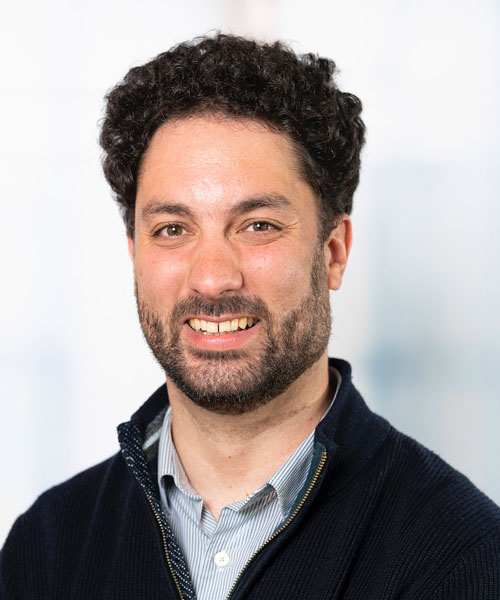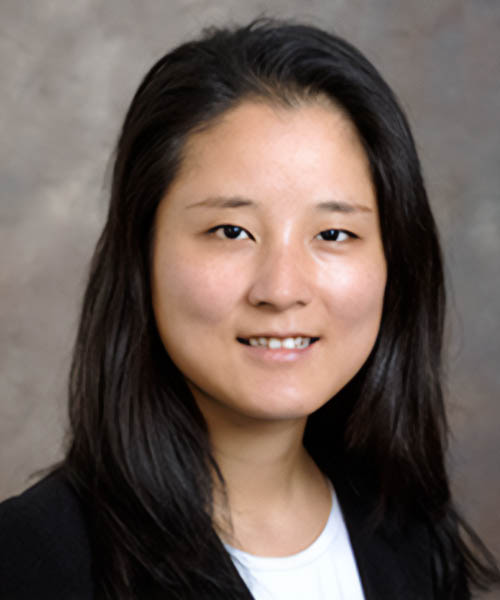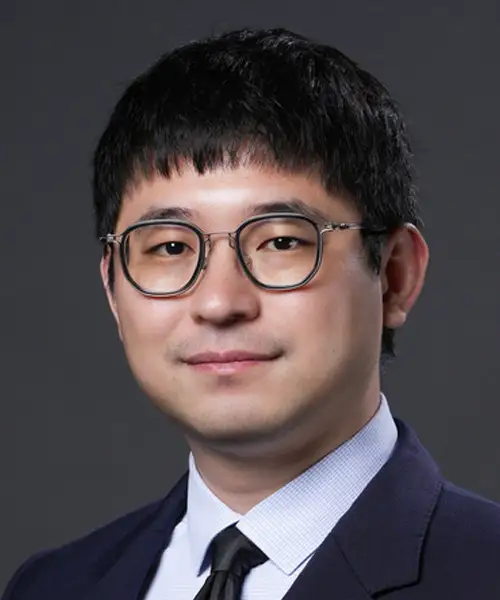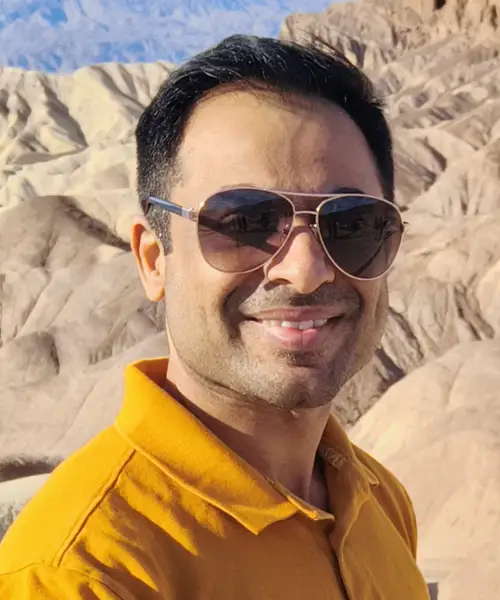Filipe Cardoso
Delft University of Technology
Rethinking Molecular Sensing: Towards Ultra-miniaturized and Long-lasting Biosensors
The rapid advancement of wearables and minimally invasive technologies is transforming chronic disease management. Continuous glucose monitoring (CGM) systems, enabled by innovations such as microneedles and subdermal electronic implants, have significantly improved the quality of life for individuals with diabetes. Despite these breakthroughs, existing solutions remain relatively large, invasive, suffer from limited operational lifespans due to biofouling and sensor degradation.
What if molecular sensors could be scaled down to dimensions smaller than a grain of rice, with lifetimes extended far beyond current limitations? In this talk, I will introduce a novel paradigm for the fabrication of continuous molecular sensors in which the sensors are monolithically integrated on Complementary Metal Oxide Semiconductor (CMOS) chips. This integration enables the seamless embedding of transducers, signal processing, and wireless communication directly on-chip, facilitating real-time, high-resolution monitoring in a form factor order of magnitude smaller than conventional devices. I will also present our approach in using hydrogels that mimic the dynamic properties of living cells – the best molecular sensor in nature – to minimize biofouling and reduce sensor degradation, thereby significantly enhancing the lifetime and accuracy of molecular sensors. Finally, I will address the critical challenges of powering and communication at the nanoscale and unveil out approach leveraging advanced nanomaterials and CMOS-compatible microfabrication techniques to achieve wireless power transfer and robust data communication.
This work represents a significant leap towards fully autonomous, long-lasting molecular sensors with applications that extend far beyond glucose monitoring, setting the stage for the next generation of real-time health monitoring but also environmental sensing, and seamless bio-integration.
About Filipe Cardoso
Filipe Cardoso holds a Physics Engineering degree (2005) and PhD (2011) at Instituto Superior Técnico – University of Lisbon in 2005. His thesis was on magnetoresistive biosensors for Lab-on-a-Chip applications. During his first Postdoctorate at INESC-MN, in Lisbon, Portugal, he further advanced this technology, leading to its transfer to a startup company, Magnomics, which he co-founded in 2014. Filipe served as both CEO and CTO, driving efforts to bring magnetoresistive biosensor technology into the animal health market. In 2018, he joined the Bioelectronic Systems Laboratory at Columbia University in New York as a research scientist and developed CMOS-based implantable devices. Since 2022, Filipe has been an Assistant Professor Delft University of Technology. His current research focuses on CMOS-based biosensors for real-time monitoring of molecules, in particular, new sensing strategies, new approaches on wireless powering and communication, and monolithical integration on CMOS chips.





